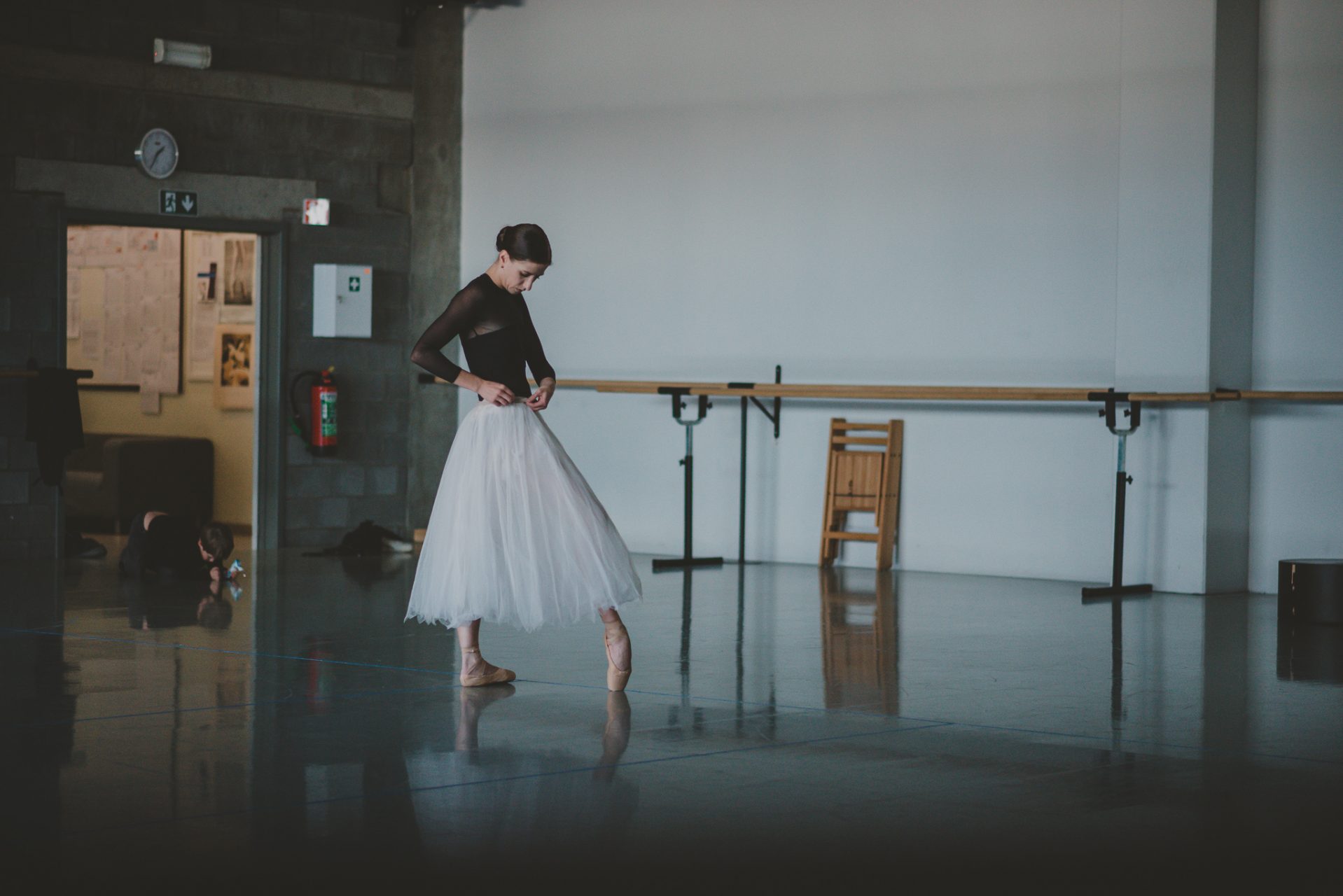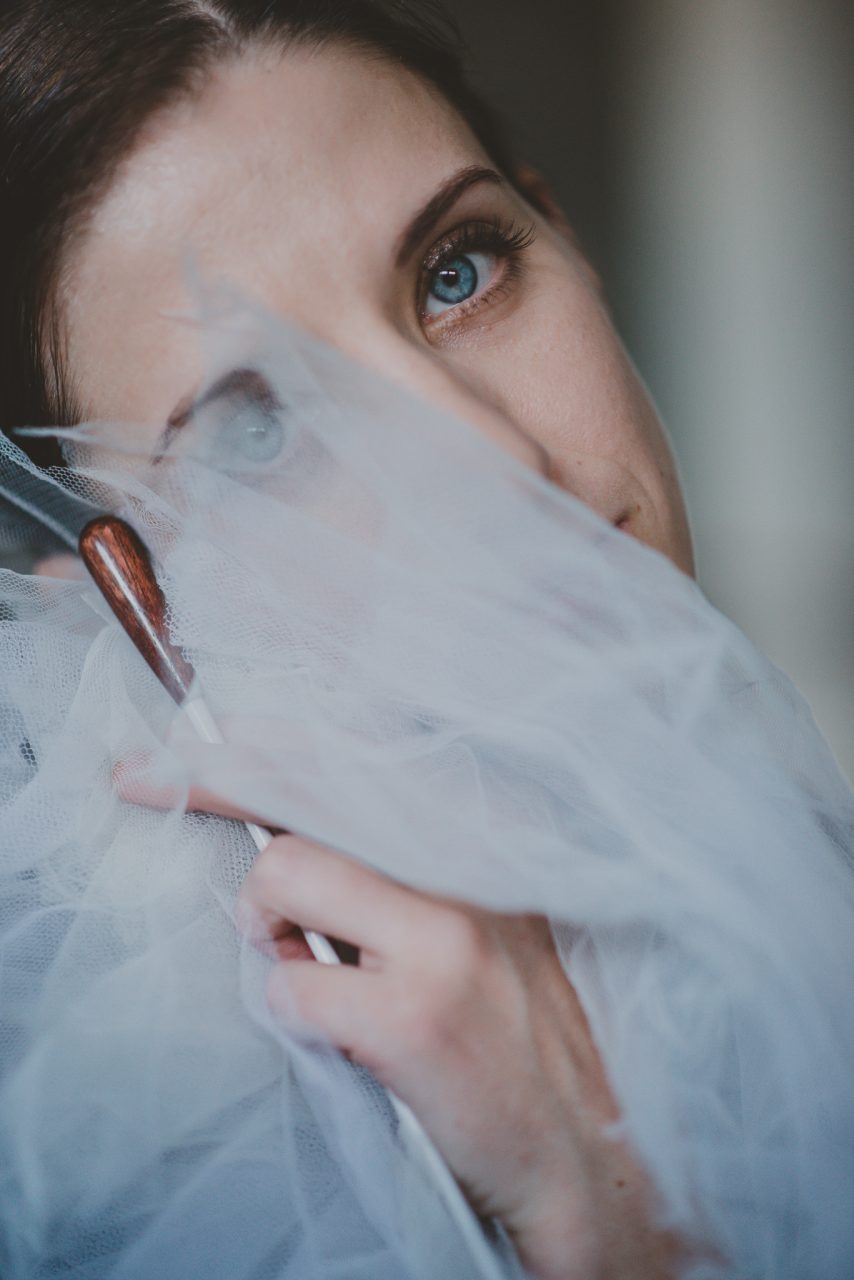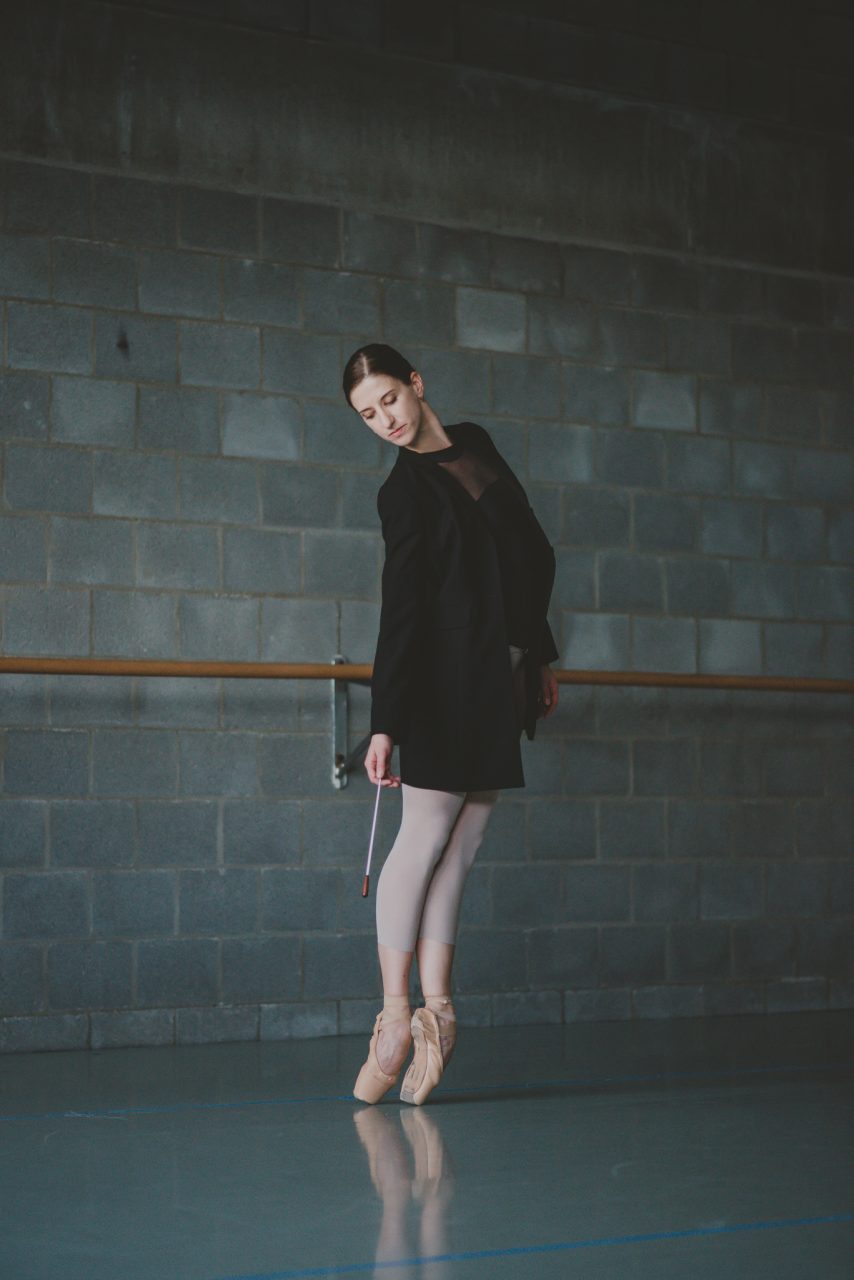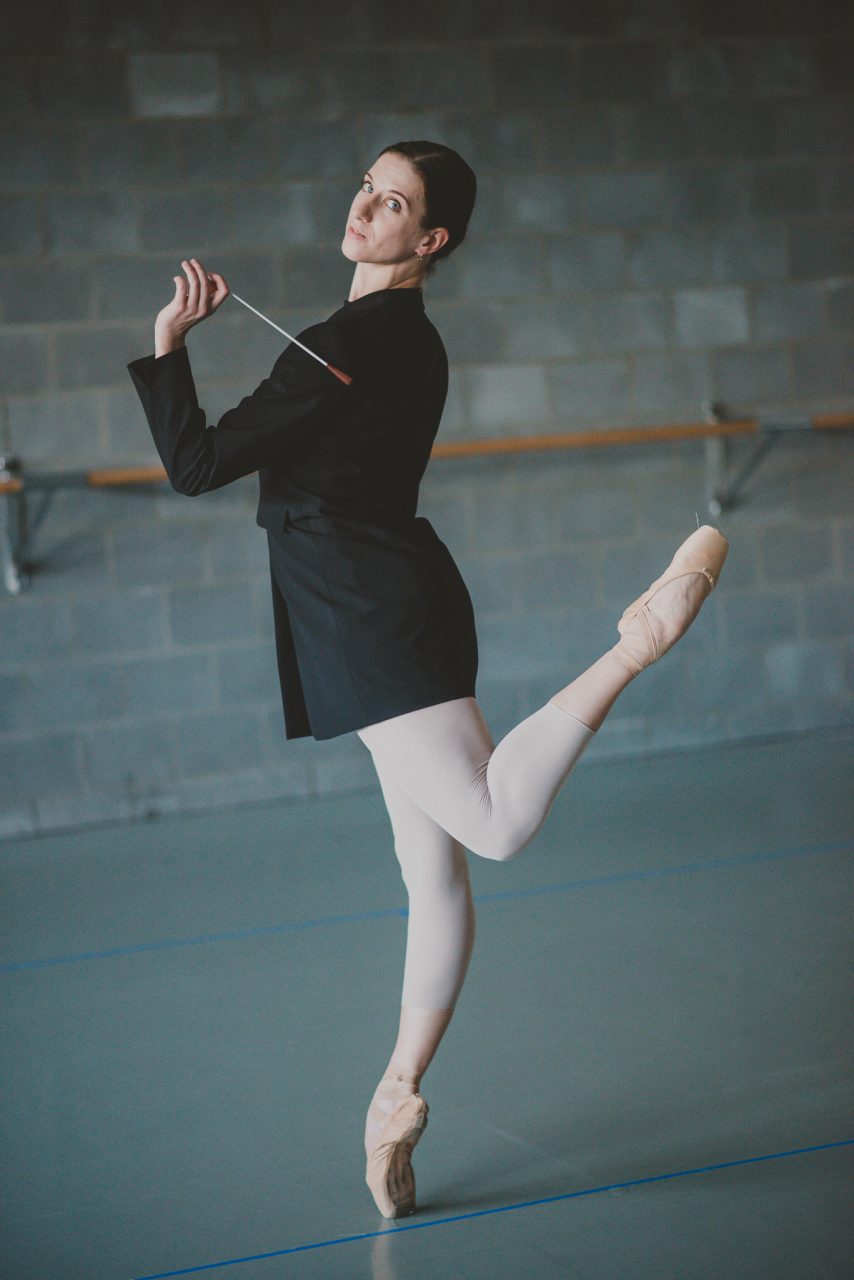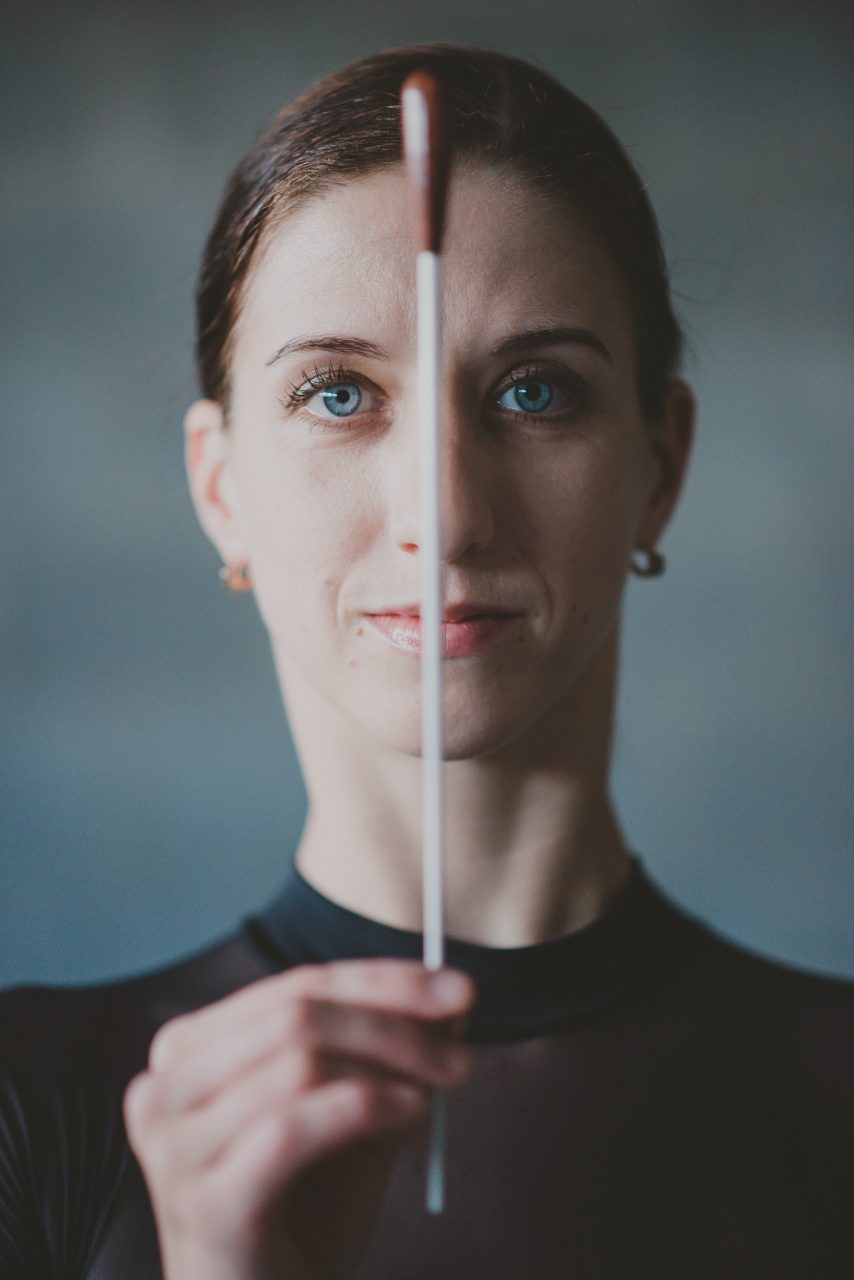Maria, you were a leading soloist with the Staatsballett Berlin, and then you moved to Zurich, where we’ve got acquainted. What did happen there? Why did they dismiss you?
I have got many versions told by people who know Heinz Spoerli (Former Artistic director and choreographer with the Zurich Ballet Company). One thing I know exactly that he annually dismissed up to the half of the troupe. I suppose that I have annoyed him as a personality. Unfortunately, or maybe happily, I often watch behind the borders of the studio and people who own the power don’t always like it. I know he hasn’t liked my music lessons, the pianists have told me about it.
It was a huge contrast with Berlin – Malakhov always gave me more than I could accept and in Zurich I’ve learned how to be satisfied with the least. I left Berlin not for a more profitable contract, new roles or bigger salary, I left for changing myself.
Why did he dismiss me? I don’t know. Unfortunately, you can’t often find the truth. The ballet world is irrational and very subjective. That’s why you can hardly do something, if the director doesn’t like you.
For how long have you been non-occupied? Were you afraid of this uncertainty?
I spent a season without work. Yes, I had panic, it was a terrible year, I simply didn’t know what to do. I constantly thought I would get out of my physical shape, and it came happening, because everything goes from your mind. I was sending my CV to the different companies and got back refusals from everywhere. I started thinking suspiciously about the existing of the directors’ black book.
Finally I had a call from Antwerp and an invitation to the audition.
As I know you had a serious injury in Antwerp? What have you been occupied with besides the recovery during that time?
While I was injured, I had my first opportunity to take the conducting lessons and to attend the orchestra rehearsals. We had a premiere in Flanders of three one-act ballets – Balanchine’s Serenade, a ballet by Jorma Elo and After the Rain by Christopher Wheeldon. The conductor of the performances knew that I was interested in music and offered to come to the orchestra rehearsal. “You can advise me the proper tempos.” I was curious of it.
I’ve printed the musical scores and gladly tried to understand how and where everything is placed. I was attending all the rehearsals, sitting behind the conductor as the assistants usually do and felt myself extremely happy and important.
Have you already learned to be the conductor?
I have finished my studies of the music theory, harmony and orchestration in Boston. At least, when I look at the sheet music and I know what it is. English conductor Benjamin Pope gave me the first lessons of conducting.
As I remember, then you spoke six languages. And what about now?
Seven. Russian is my native language. Then I started learning Estonian, English, German, French, and Italian.
Then Dutch additionally, because I live in Flanders and Dutch is spoken here. When my son was born, entered the school, I had to take him to the doctors, to different organizations, that’s why I had to speak Dutch. Now I speak quite enough even for a normal talk.
The conductor should speak four basic music languages. Italian, German, French. And what else…? Further, if you know Czech (Dvorak etc.) or Russian (Tchaikovsky, Prokofiev, Stravinsky etc.) that’s a benefit. This is important to understand what is written in a score. Opera, instructions. Mahler gives the certain tempos in its pieces. They are not simply allegro or largo, everything is pointed very scrupulously there. And if you speak the language you understand what is standing behind it, which accents create the tempo. And then the same performing speed may have different sound.
For example, when I learned music, but hadn’t spoken Italian yet – I have always known that allegro means quickly, vivo is quicker then allegro. But while I learned Italian, I was told: “Allegro is the state of your body when you are slightly drunk.” You have such a curly light and vivid mood. That’s what allegro is. This is totally different nature in music.
Now I have started to learn Japanese, but I don’t have enough time for it. I like their philosophy. I remember one Japanese girl told me about kanji: “Listen, this kanji sign means the sky, and that one means the sound, if you put them together the music appears.”
Japanese language gives you an opportunity to watch into the habitual things from the different pointe.
You’ve finished your dancing career this year…
Yes, a month ago. I am continuing to train for keeping myself in shape. But I feel so much freedom and inspiration, so I think my trainings won’t last long.
What was your last performance?
I participated in Akram Khan’s Giselle.
Have you been feeling something special that night?
No, I just wanted to go through it, I wanted everything to come over. Can we find lots of examples when a ballerina finds something really inspiring after finishing her career, as much inspiring as the stage? I am sure there are just a few. When I was conducting the show last year in Stuttgart, that was the feeling of an everlasting happiness, when you understand that everything is on its place. In this case, I am very lucky and I realize it, that’s why there are no bitter feelings, no sorrow, no heavy thoughts or anything else because I have come across it during my ballet career.
You career is unique and very interesting. Please, tell us how your studying in the conservatory has begun. That was in parallel with you work in the theatre.
I’ve learned a lot by myself, I always had I fear (and I still have it) that the moment I am standing in front the orchestra, there will be someone to realize that I am a ballerina, that I am not professional. That’s why I am very grateful to the people who guide me. Life has always lined me up with the people who participated in my life honestly and trained me furiously.
When I studied piano, I had absolutely genius teacher, who was developing me as a musician, not only about the technique. I was working a lot with the conductors. And of course, James Tuggle the musical director of Stuttgart Ballet, who trained me during last three years. I have learned a lot from him and I am still learning. He told me: “There is no need to study at the conservatory. There are people who have been studying for five years and have learned nothing. You have got that ballet discipline, desire, passion, naturally born musicality. You will never take any wrong tempo”.
Musicality is my greater ballet advantage.
We transfer the music through our bodies, and the conductors learn for it. There is one more advantage that ballet has given me – to accept all the recommendations very seriously, because for us one step left or one step right makes a punishment. There is a huge substitutes’ bench in ballet. Just get out from here if you don’t want to work. We are used to work for 250% or even more.
I am convinced there is no harder profession than a ballet dancer. I realized that after changing my professional field. When I started to go to the master-classes, I’ve often heard: “You work such a lot!” I was sincerely surprised as I always supposed the musicians to work as hard as the ballet dancers do. But, looking into their wide opened eyes full of the absolute surprise, I’ve realized that it is not like that.
Ballet dancer is a performer. The conductor has to be strategic. He has to understand the way to lead the orchestra from the beginning to the end of the performance. How have you rebuilt yourself mentally?
The conductor does not write the music. Look into the score, everything is clearly written there. If you will put the ego aside with this “that’s how I hear the music”, and look into what has been written, you may try to catch what a composer has aimed to tell you. There are always rules like in ballet. If you are trained well, have a clear goal and understanding where you want to come, there shouldn’t be any problems. It is often told: “You have to be trained well, if you are trained the orchestra will accepts you one day”.
Of course, now I am to specialize on the ballet performances and I know well what they require. To know how the ballet people want it is a proof shield. For us, for the ballet dancers, everything often hangs by a thread, if the music breathes a wrong manner, your may die in the beginning of the variation and then just keep trying to finish a variation or coda.
The conductors have different attitude towards the ballet music, some of them do not suppose to play under the dancers’ feet. What do you think about it? Does music suffer when it is adapted for an artist?
Yes, I’ve been often talking to the conductors on this matter. Vello Pähn, the Lithuanian conductor who works a lot with Opera Garnier once told me: “I always come to the stage in 20 minutes before the show. Yes, I have already been with them at the rehearsals, everything is talked over. But here I watch and see, that a ballerina A is very nervous today, she is trembling. That means the tempos we have discussed yesterday are very slow for her, because she has got adrenaline. I need to push a little for her. It will be good. And another dancer is trying to message his hips, he complains of heaviness in feet. That means it will seem to quick for him. So we are breathing carefully with him and give some more when necessary. But preferably to give him the time to stretch thighs and calves.” And this little explanation has become a key to many things.
How did you get a possibility to conduct a performance in Stuttgart?
I’ve just begun to attend all the rehearsals very often. That was La Fille mal Gardée by Ashton. I started to conduct these rehearsals little by little. Once all the teachers and pianists have realized that nobody has been shouting “Faster!”, “Slower!”, “Hold!”. There was a perfect silence on the mirror line between the piano and the coach, because the tempos were usual but the breath was a bit different.
I empathize the dancers, because I was behind that line and I know how difficult the movements are. I want so much to give the best to the dancers for they could dance easier and freer.
There is a terrible diagonal for a ballerina in the Shadows, in a second adagio. If the tempo is a little bit wrong she will hate you and Petipa, bursting with anger. She will put down her left calf, beat off her right foot toes, because she will fall down from that ecarte trying to catch up the music. But what is the sense of it? If you can just increase a first beat a little. And the music will not suffer. This can be talked over during the rehearsal to change the accents, to paraphrase the breath and everyone will be happy.
What emotions have you felt during your first appearance as a conductor? This is the greatest responsibility…
I had known that I would conduct a performance three weeks before the occasion. Naturally, I knew the score. The chief conductor asked me: “Would you agree to conduct the show if we give you that opportunity?” I was looking at him through the Skype and said: “I would be an idiot, more a queen of idiots if I say no. Of course, I will.” And he told me: “I knew your answer in advance. But I decided to ask, I had to ask”.
The day had come. They led me to the orchestra pit and said: “Maestro, how do you prefer your conductor’s stand to be adjusted?” And me: “Mama, help! Don’t lift me? Lower me. Everything is ok. I am too much above the musicians, I don’t need a pedestal. I am not Lenin.” Everyone was laughing.
I was standing and trembling terribly, telling myself “Seletskaya, what have you got involved in? Run away!” And the man who opened the door, said: “Good luck. I have never seen you before”. “This is my first performance” – I told. “Really?! Much luck! You have probably learned…” “I am a ballerina” – that was my answer.
And then the green light, the door was opened. You know, Karina, I had been imagining this moment thousand times lying in my bed. And here I am, dressed in white, the auditorium is applauding. The musicians knock the lecterns with their bows. I had a feeling of a spaceman at the moon without a space suit. You are passing by the first violins; they are turning around, silently asking – “Let’s see who is here…” And I realize that I have less weight to conquer the authority.
Thanks God, I am a ballerina. Probably, they have noticed nothing. It looked like greetings, maybe. I was thinking how not to fall down from the stairs. I was told to make a bow. I probably looked like Mr. Bean in the spot of light. Then turning for shaking hands with the concertmaster. Then turning face to face with the orchestra. And in this moment of silence you realize that you have to do something, you are leading the show. So I waved my hands – “Let’s go!”
I felt myself in my shirt immediately, like a duck to water. It was all mine and they were applauding me. For 10-15 minutes the orchestra was playing with the concertmaster and then they raised their eyes on me. I was very well prepared. I knew when the second French horn should enter, when the fourth and when the bassoon. They accepted me and praised to the chief conductor.
There are just a few female conductors. And some men are sharp to respond about the women at the conductor’s stand. Have you faced it?
I am not simply a woman, but I am a ballerina.
When in the musicians’ society I never tell I am a ballerina. Their perception of who I am is like a litmus paper to my professional suitability. Everyone thinks I am a musician. As usual, I can tell later “I am a ballerina” and then the respect comes, they simply do not understand how it is possible.
Now I am searching for future works. I think I will have to prove a lot. I was lucky in Stuttgart because the chief conductor was interested in what I can do. Women in the conductors’ field have to do much more, to work much harder than the men to get the approval.
When you dedicate all your life to one career and then you have to plunge professionally into something different but not easier – that must be all difficult to accept…
Yes, we are used to identify ourselves – as “I am Russian”, “I am a mother” etc. And there is a total change. The ballet people historically put the musicians above themselves, and the conductors are nearly the Gods for us. And now it turns like I am nearly a God, but I am still Masha.
And the last question: what is the secret of happiness?
To be at your own place – this is, probably, destiny. We all come to this world for our own lessons to learn. Someone is not fated to find what he is looking for, and this is also a lesson. But happiness is to be where you should be, then the music of your soul sounds with harmony. No dissonance, everything is so simple and possible that you don’t even need to overcome. All the rest becomes unimportant.
Interview Karina Zhitkova
Photo Nicha Rodboon


